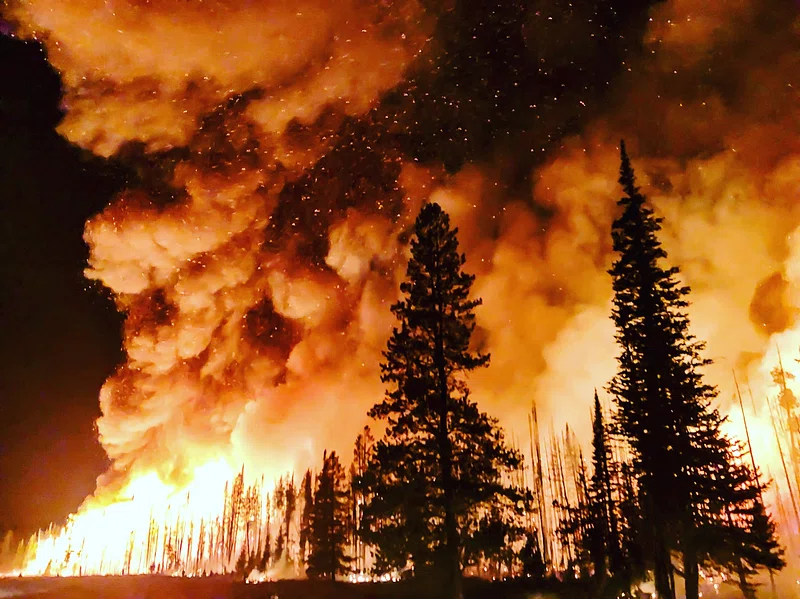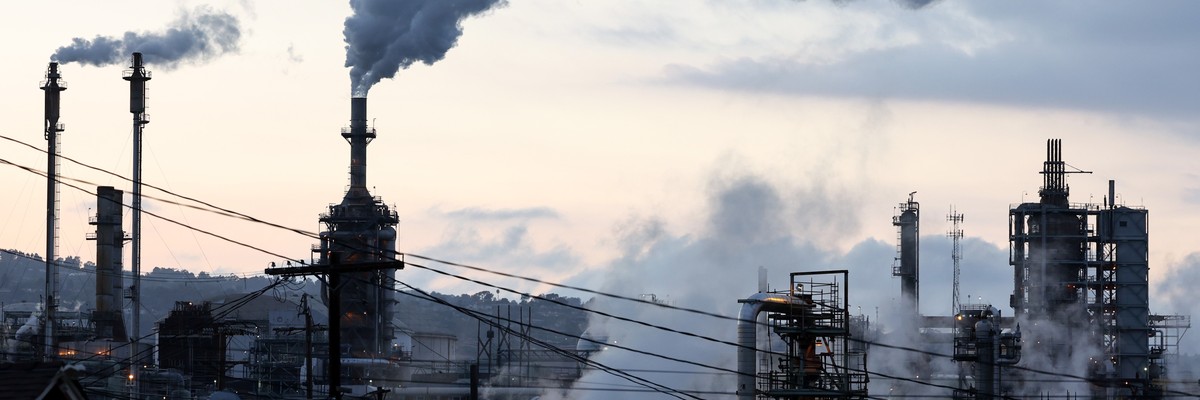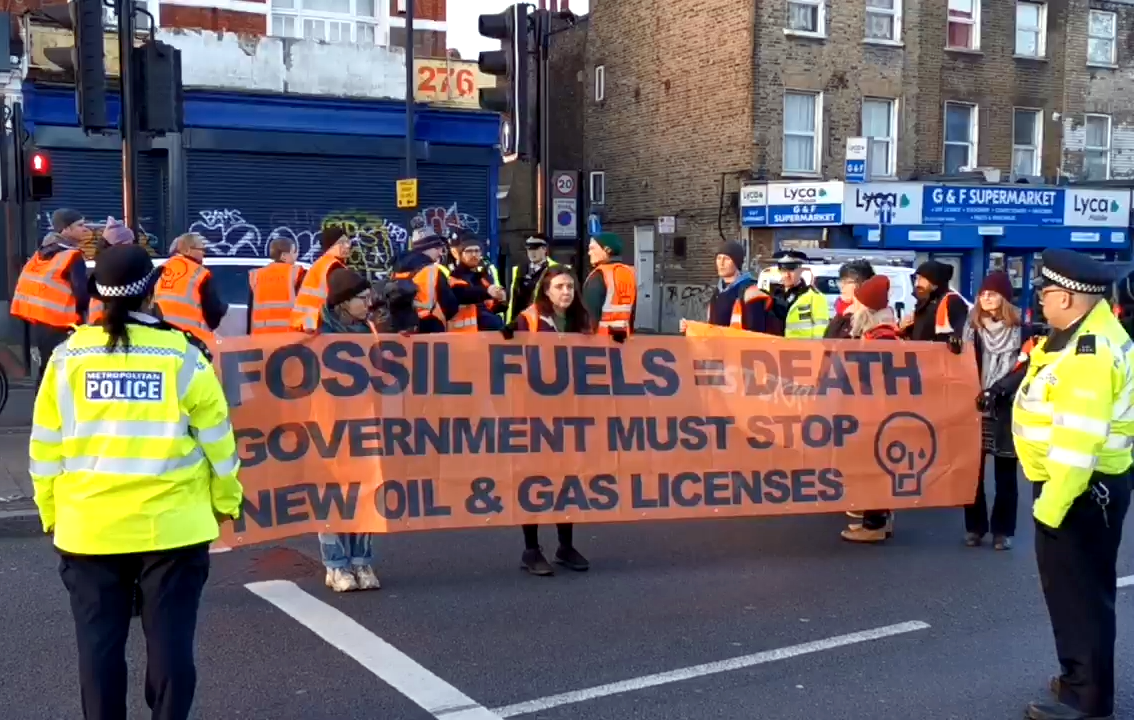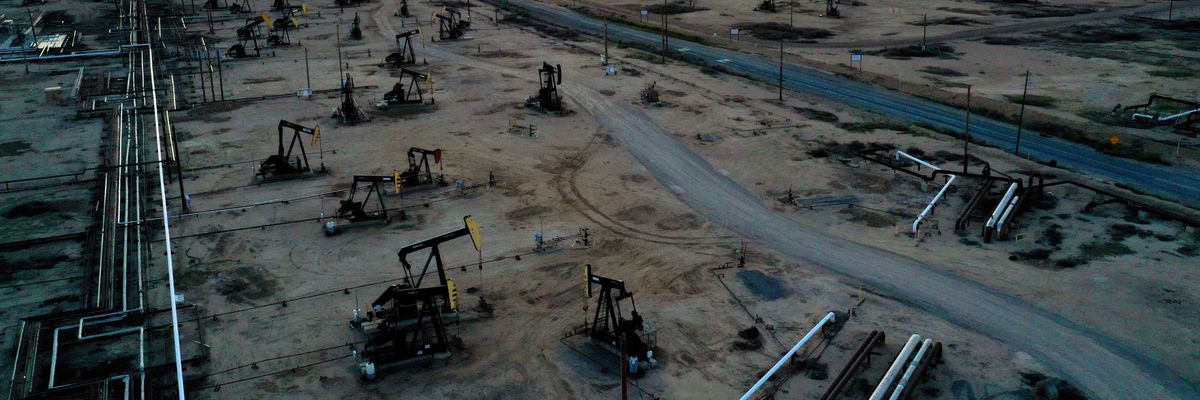(Part of) Wildfires 101: Everything You Need to Know

https://www.ecowatch.com/wildfires-facts.html
…
Wildfires, also commonly called forest fires or bushfires, are unplanned and uncontrolled fires burning in a vegetated landscape, such as a forest or grasslands. Many wildfires are sparked by human activity, such as campfires, or natural causes, like lightning. Dry conditions and prolonged droughts, which are becoming more frequent with climate change, exacerbate the risks of wildfires. Droughts, high winds, and other extreme weather are also making wildfires more common and more powerful, with larger blazes that burn for longer and expand across more land.
From 1998 to 2017, over 2,400 human deaths were attributed to both wildfires and volcanoes. Even when people can evacuate an affected area, they may lose their homes or businesses to the fires. Wildfires can also kill wildlife in the habitats that catch fire. Further, wildfires feed back into a loop, worsening climate change by releasing more carbon dioxide and fine particulate matter into the air.
…
Climate change brings increasing temperatures and drier conditions that can fuel wildfires around the world. Researchers expect significant increases in wildfire risks in the U.S., South America, central Asia, southern Europe, southern Africa and Australia from 2070 to 2100. [Don’t we already have that?]
Even in the UK, typically considered a colder locale, experts are telling citizens to expect more wildfires in the near future as extreme heatwaves grip the nation.
The expected increase in wildfires will bring with it more emissions and more forest loss, according to a recent study. As fire seasons become longer and more severe, forest loss due to wildfires is steadily increasing, with the highest losses occurring in boreal forests, which span Canada, China, Finland, Japan, Norway, Russia, Sweden and the U.S.
You can track ongoing fires through NASA’s Global Fire Tracking tool.
…
Wildfires are worsening in many countries globally, including the U.S., and are expected to become more of an issue in places they weren’t previously, like in the UK. Australia is particularly vulnerable to increasing blazes, as are regions of boreal forests.
As a part of nature, wildfires do play an essential part in promoting biodiversity, but only when they occur at a natural rate. Human activity and climate change are spurring more intense and more frequent fires that contribute more emissions, feeding into a loop that worsens climate change.
Air pollutants from wildfires worsen air quality, putting the health of wildlife and humans at risk and costing countries billions of dollars per year to contain the blazes and pay for damages. Wildfires can also kill off vulnerable wildlife, as is the case for endangered koalas in Australia that recently lost tens of thousands from the already low population, and injure and/or displace thousands more animals.
Ultimately, the goal is not to end wildfires. They are an essential part of many ecosystems, but the fact that they are getting bigger and are happening more frequently does more harm than good. Thankfully, it’s not too late to minimize the number of wildfires.
We can reduce the number of human-made wildfires by staying aware of ongoing weather conditions. When conditions are dry, hot, and windy, avoid any activities that could create a spark or spread smoke and flames. Even driving your car or mowing the lawn can start a fire, so be mindful during high fire risk conditions.
Human-caused or not, wildfires can be destructive. If you live in an area prone to fires, make sure you have a safety plan in place, with supplies ready to go if you need to evacuate or are left without power for long periods of time.
Wildfires are another part of our world, and they are only expected to worsen as the world grows hotter. While we can mitigate personal risks, working collectively with governments and corporations to slow climate change is the best way to minimize wildfire risks worldwide.
…


